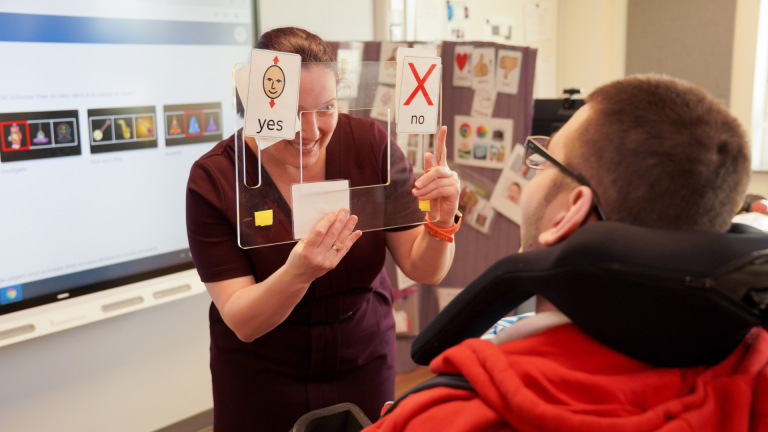Poverty and poor health outcomes are inextricably linked, reinforcing each other in a destructive cycle. At Big Issue Group, we believe that achieving health equality is key to ending poverty. Addressing health inequalities is not only vital for individual wellbeing but also serves as a powerful lever for breaking the chains of poverty and fostering a more equitable society. That is why Health & Wellbeing is one of our five key impact pillars. Through Big Issue Invest (BII), we provide financing to purpose-driven organisations across the UK and one of the key investment areas are organisations that work to address and prevent the impacts of health inequalities.
The connection between health equality and poverty
Poverty is at its highest rate since the start of the 21st century. Currently, 16 million people in the UK are living in poverty, with 3.8 million in destitution, struggling to afford food, clothing and warmth. Without access to proper healthcare and basic necessities, individuals face additional barriers that prevent them from escaping poverty. Health equality is key, as poor health reduces employability, limits education opportunities, and increases reliance on social support systems.
At Big Issue Invest, we focus on systemic solutions rather than short-term relief. Our approach is grounded in the belief that tackling the root causes of poverty – including health disparities – is the most effective way to create lasting change.
Why health equality matters in the fight against poverty
The UK faces significant health inequalities that disproportionately affect low-income individuals and communities:
- Life Expectancy Gap: There is an 18-year gap in healthy life expectancy between the most and least deprived areas in the UK.
- Income inequality: Living on below average income significantly raises your chances not only of having a limiting long-term illness, but of suffering from a mental health condition.
- Limited Healthcare Access: People in the most deprived areas are twice as likely to wait over a year for non-urgent care compared to those in more affluent areas.
- Underfunded Services: Healthcare providers serving low-income communities receive 7% less funding per patient than those in wealthier areas. GPs at these practices are on average responsible for the care of 15% more patients than GPs serving patients in more prosperous areas.
- Rising Economic Inactivity Due to Poor Health: In the last financial year economic inactivity rate rose to 21.2%, with long-term sickness an increasingly common reason for withdrawal from the job market. For the quarter to September 2024, over 30% of economically inactive individuals were so because of long-term sickness, representing 2.8 million people.
Beyond individual impact, these disparities hurt the economy, creating an unsustainable cycle where poverty fuels poor health, and poor health reinforces poverty. By investing in solutions that promote health equality, we can help break this cycle.
Big Issue Invest’s approach to health and wellbeing
At Big Issue Invest, we provide financial and strategic support to organisations that address health inequalities. Our investment decisions consider:










